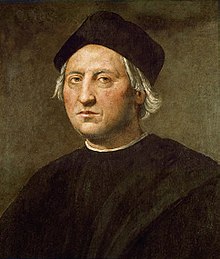 | |
| Louis XIV |
Absolute monarchy is a monarchical form of government where the monarch exercises authority as head of state and its subject peoples. In an absolute monarchy, the transmission of power is two-fold; hereditary and marital. As absolute governor, the monarch’s authority is not legally bound or restricted by a constitution.
In theory, the absolute monarch exercises total power over the land and its subject peoples, yet in practice the monarchy is counter-balanced by political groups from among the social classes and castes of the realm: the nobility (1st estate), the clergy (2nd estate) and the bourgueoisie (a group from the 3rd estate).
Some monarchies have powerless or symbolic parliaments and other governmental bodies that the monarch can alter or dissolve at will.
One of the best proverbial examples of an absolute monarch was Louis XIV of France. His alleged statement, L'État, c'est moi (The state, it is me), summarizes the fundamental principle of absolute monarchy (sovereignity being vested in one individual).Absolutist monarchies developed into two main branches. On the one hand, the parliamentary monarchy, which is a form of government in which a monarch acts as head of state within the parameters of a written constitution.
| The Magna Carta |
(taken from Wikipedia)


